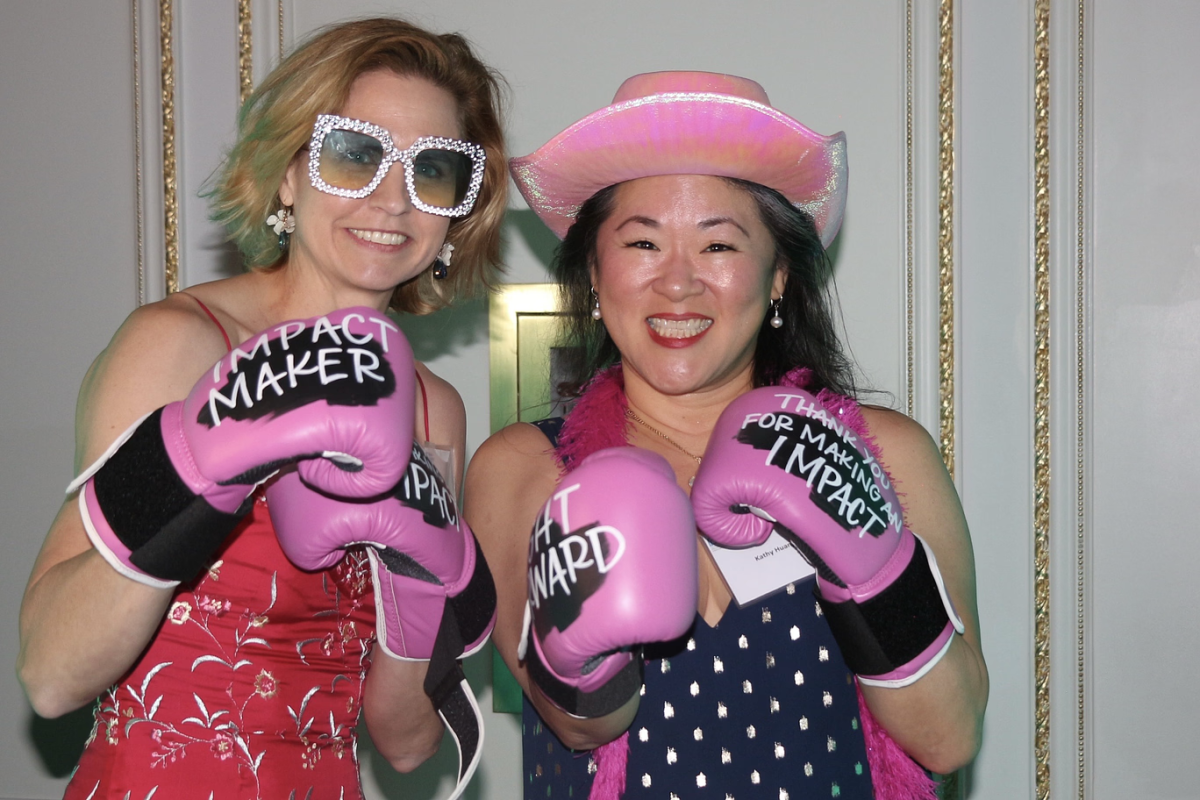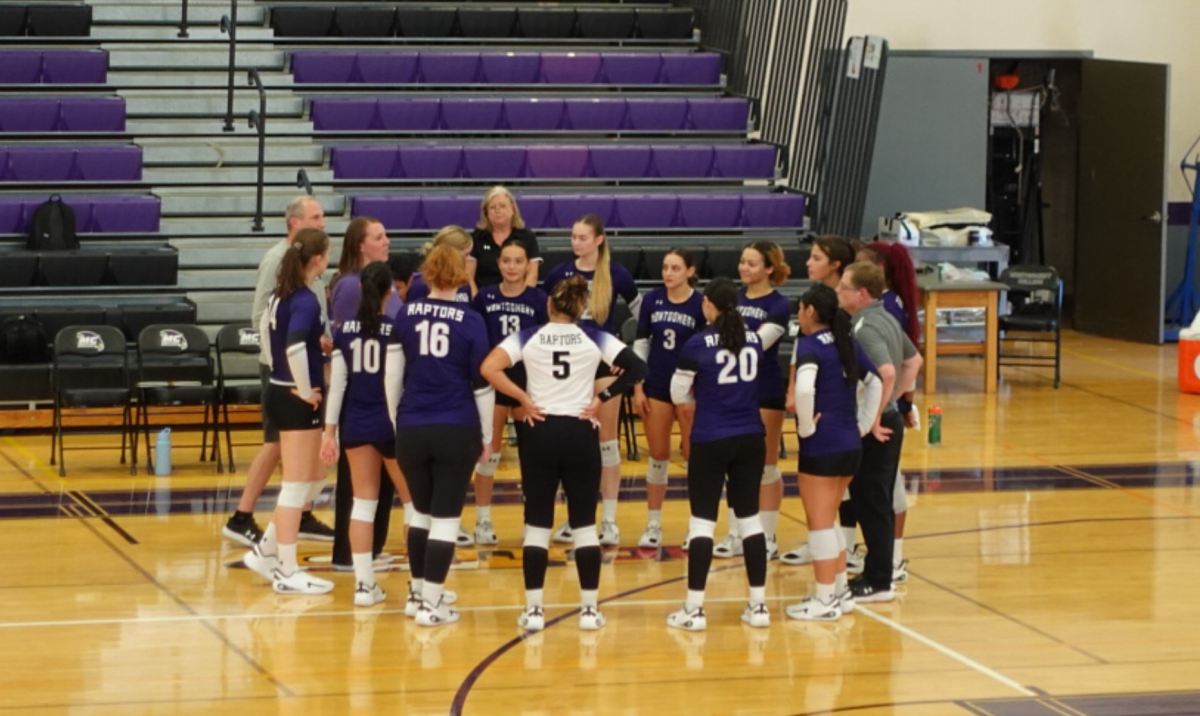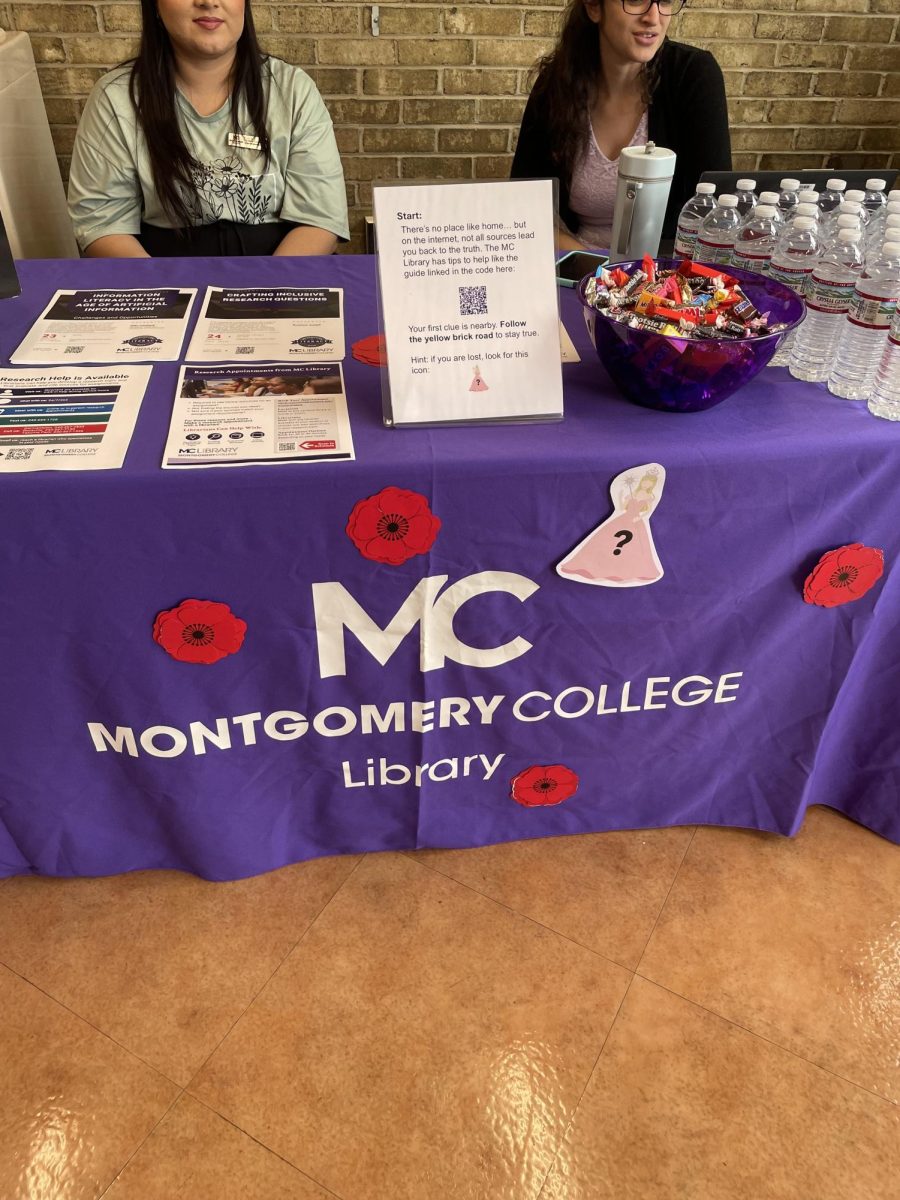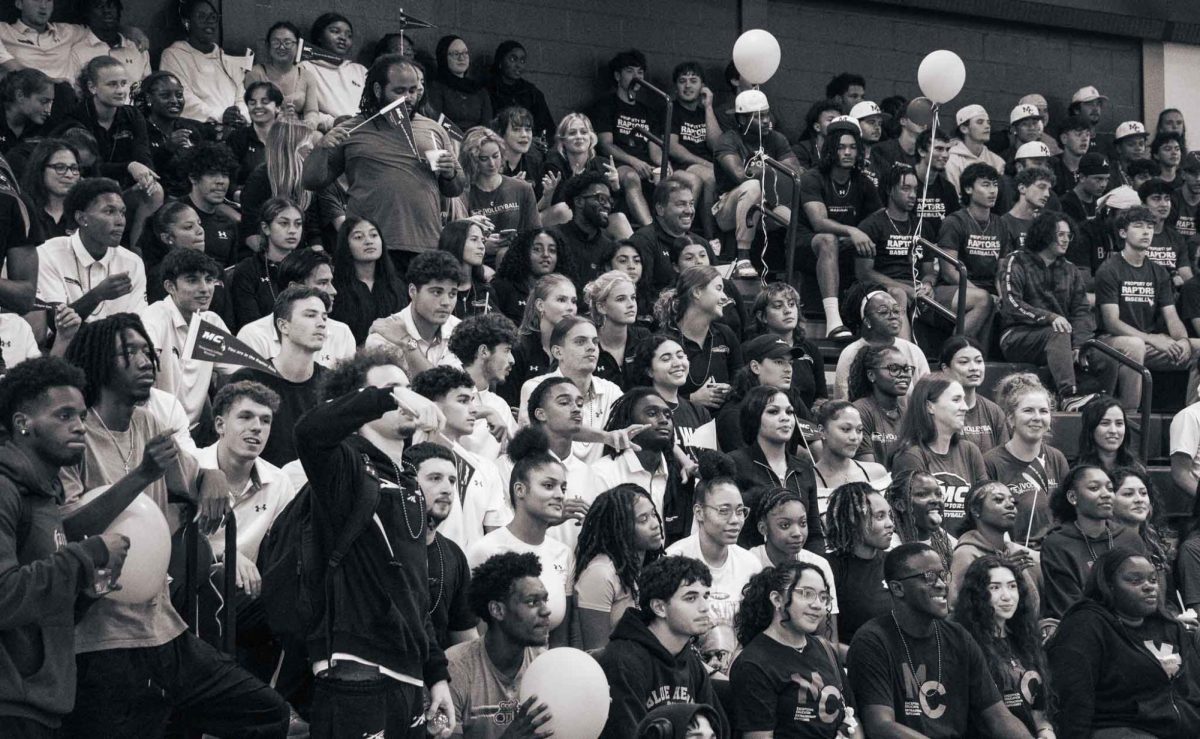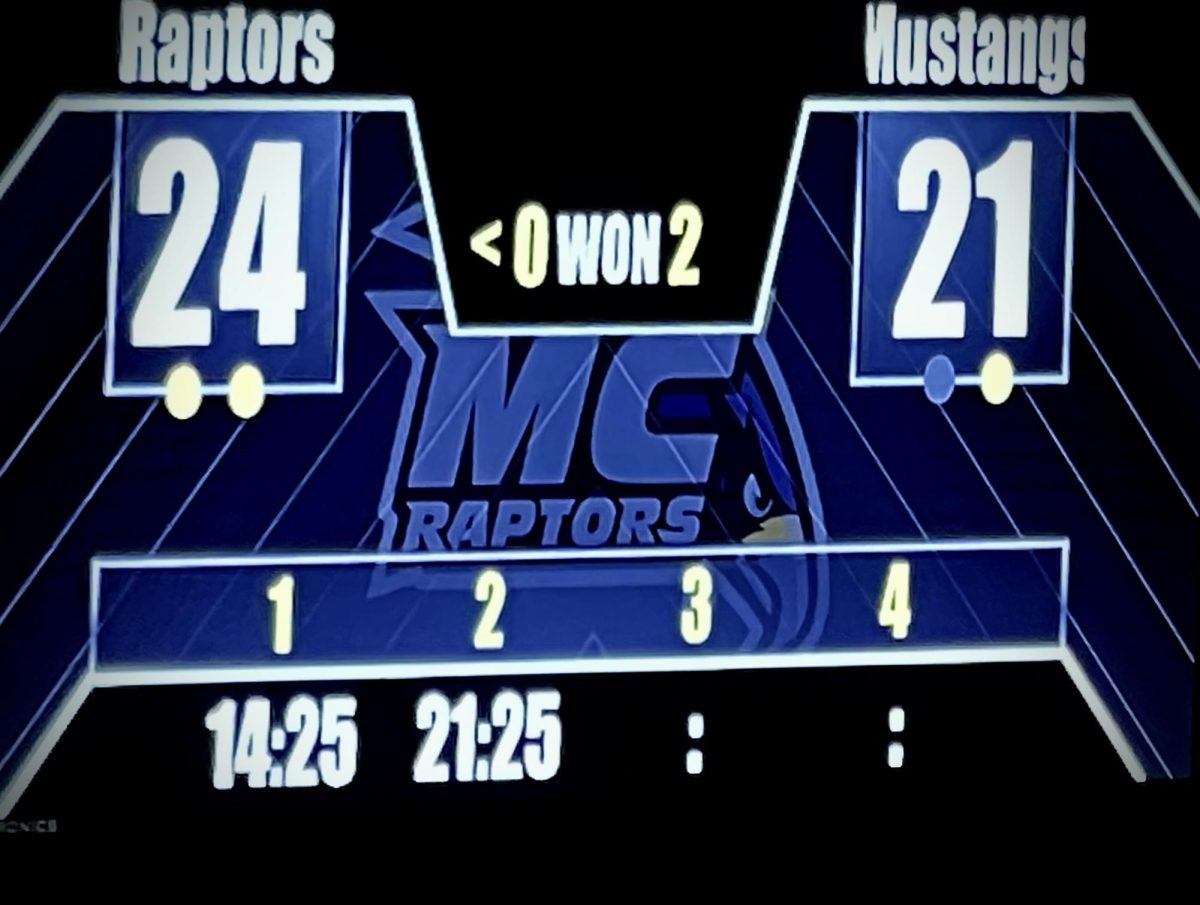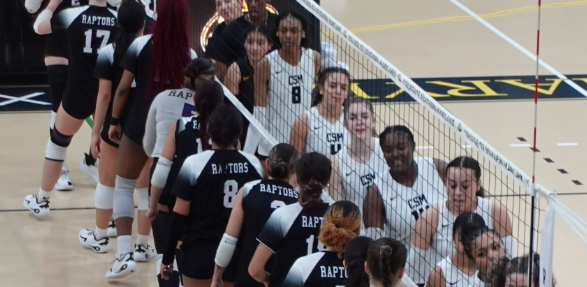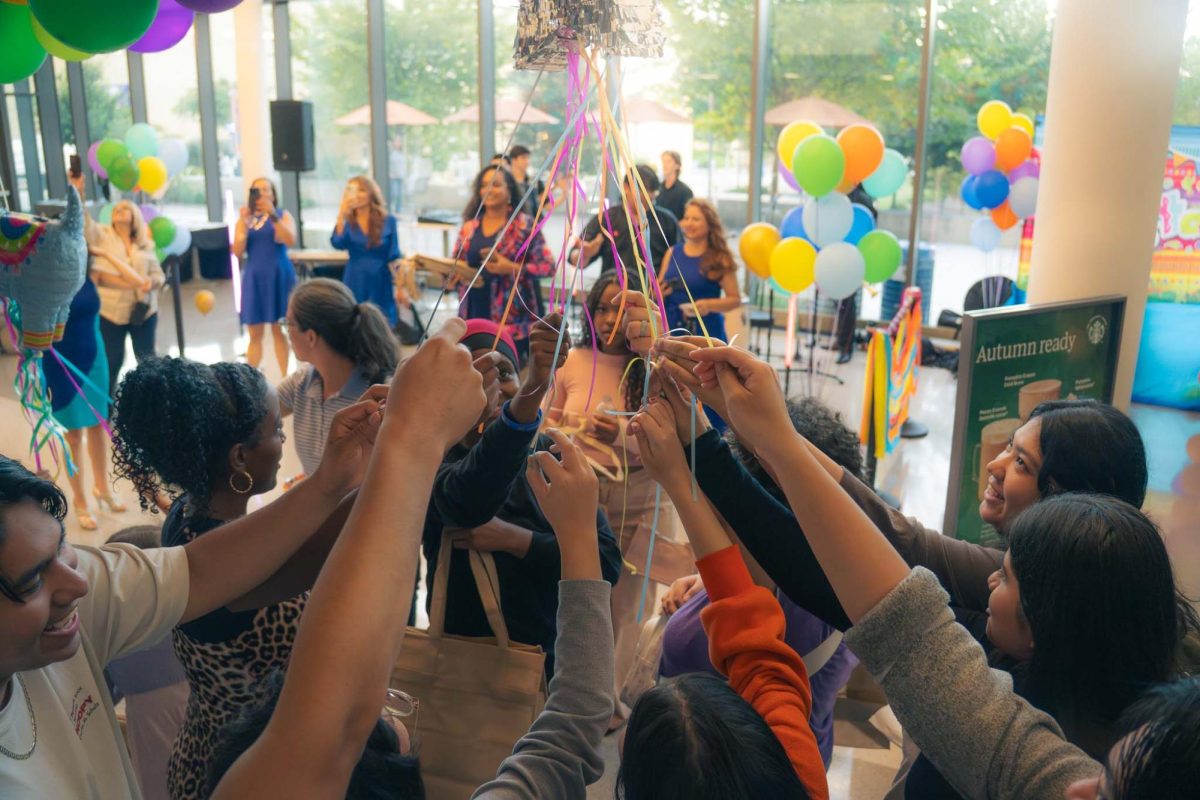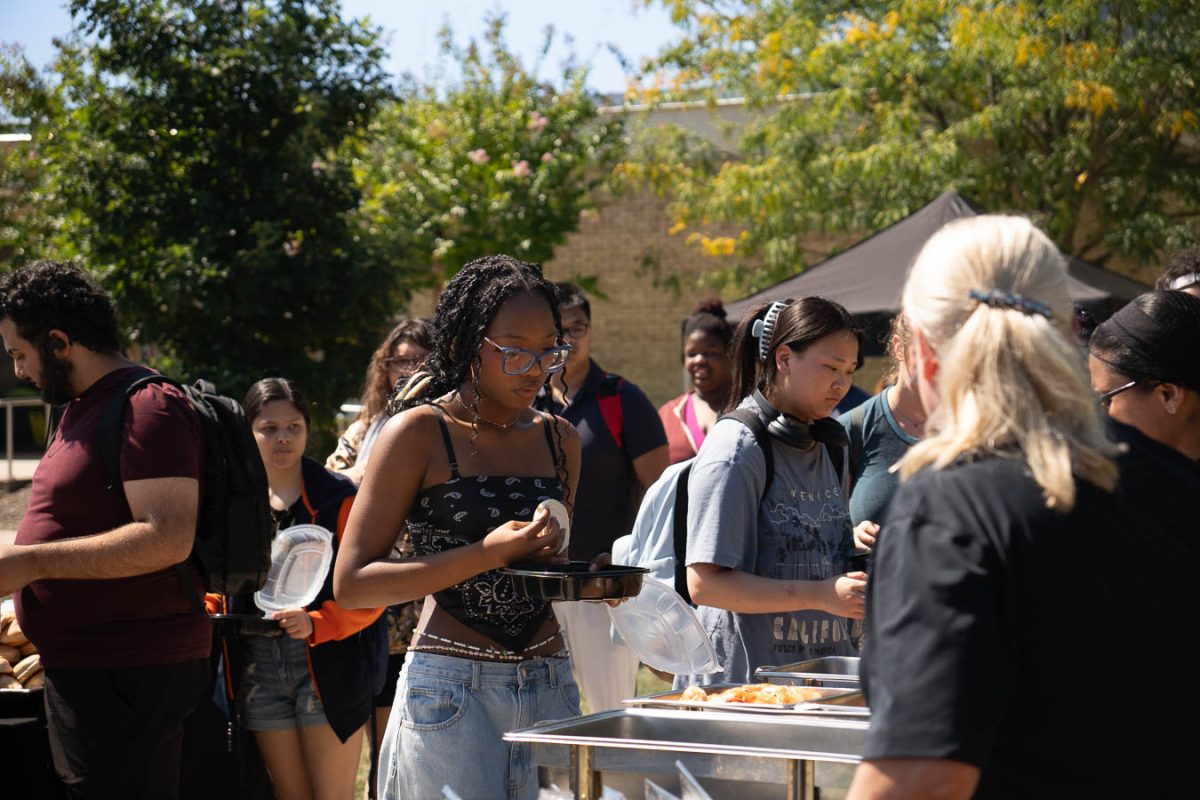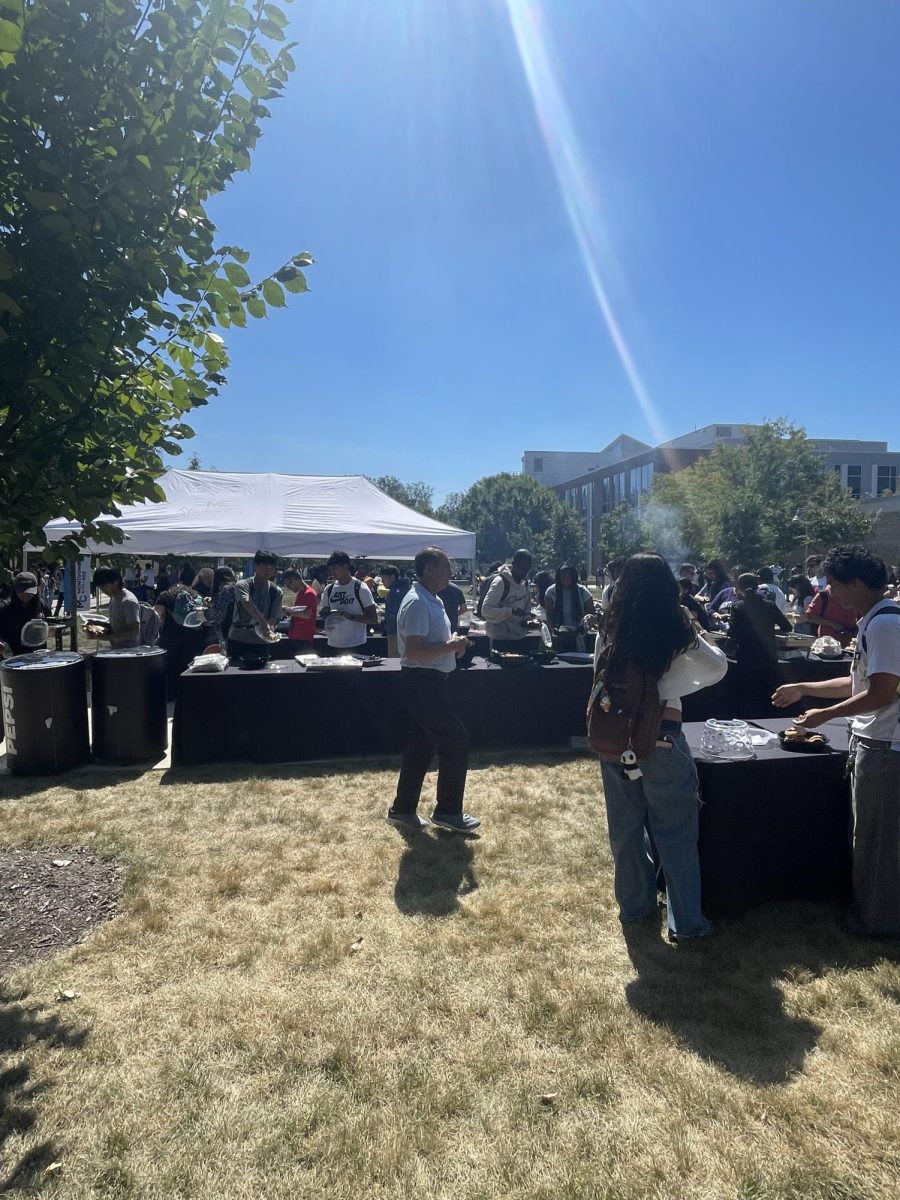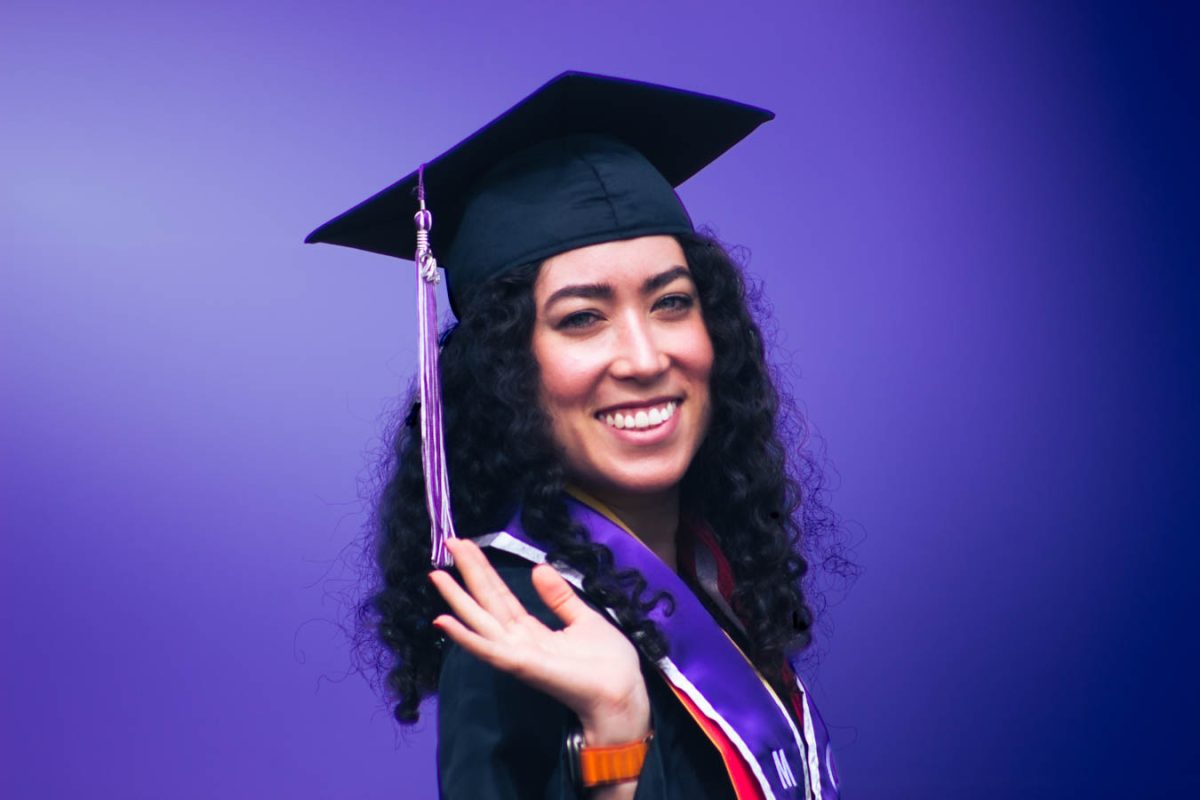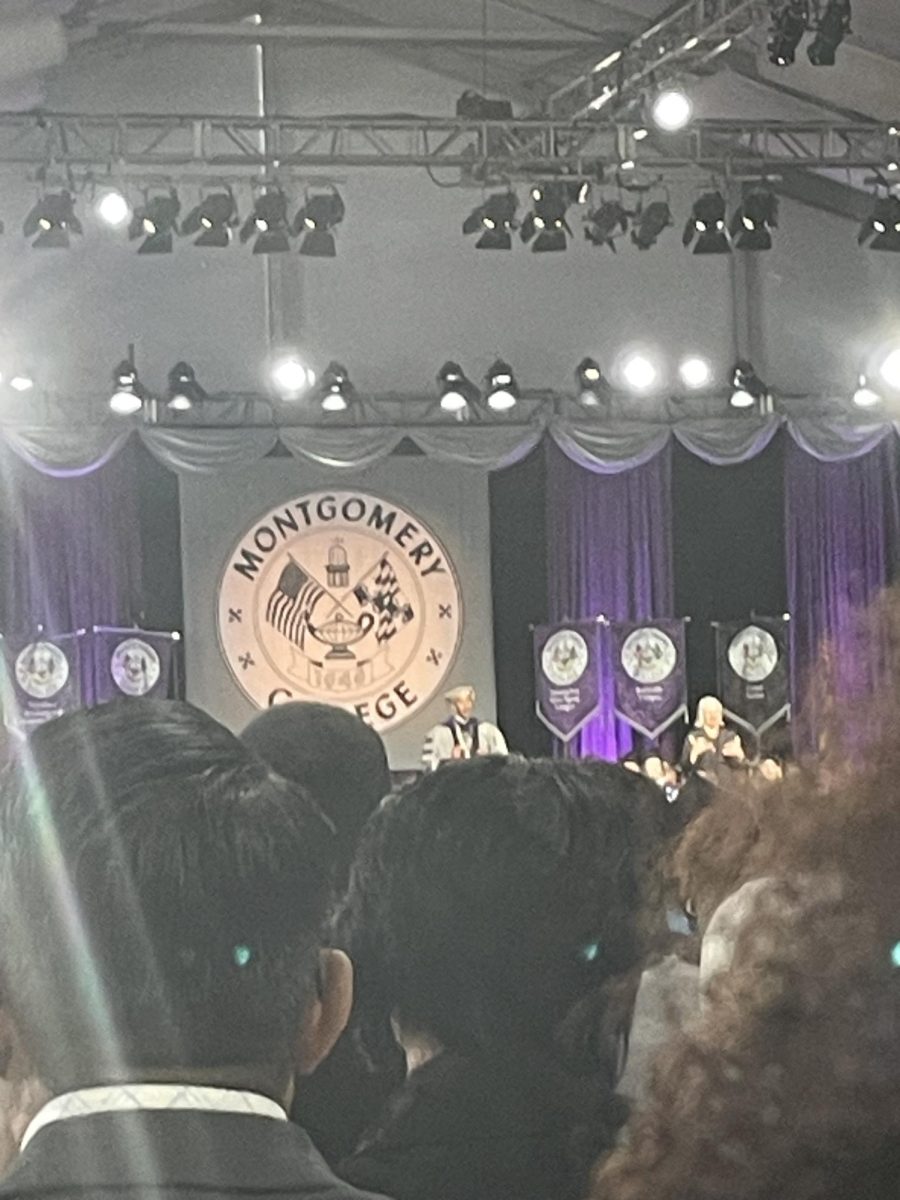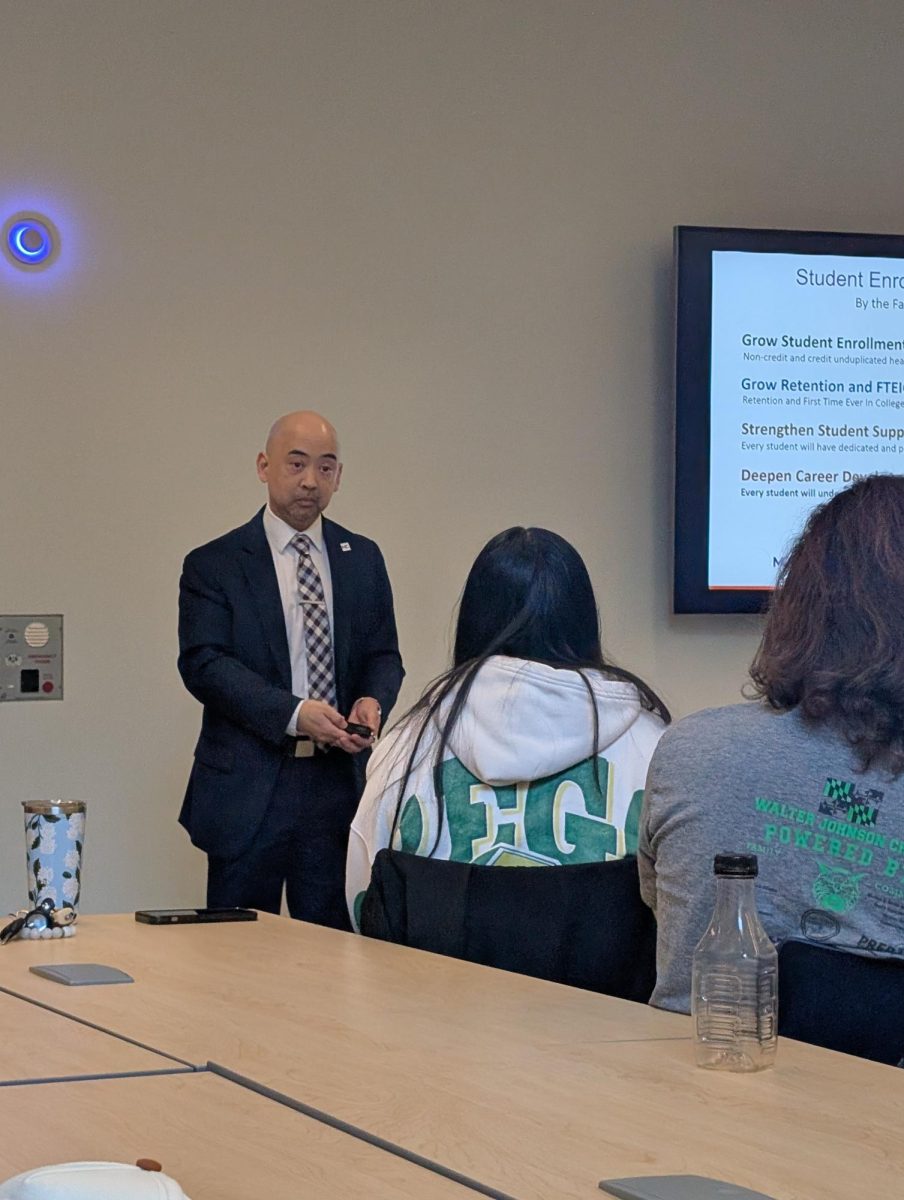Planned Parenthood of Metropolitan Washington (PPMW) protects its patients by removing barriers to its accessible, compassionate, considerate, and confidential reproductive healthcare, according to Director of Primary Care, Dr. Divya Shenoy.
Earlier this fall, PPMW’s annual Impact Gala raised $252,000 for its abortion access fund that provides support to out-of-state and low-income local residents. The organization awarded four individuals:
- Ally Award: Congressman Jamie Raskin, U.S. House of Representatives
- Catalyst Award: Patient advocate Brittany House
- Champion of Reproductive Health Award: Maryland State Senator Ariana B. Kelly
- Disruptor Award: Artist Maggie Rogers
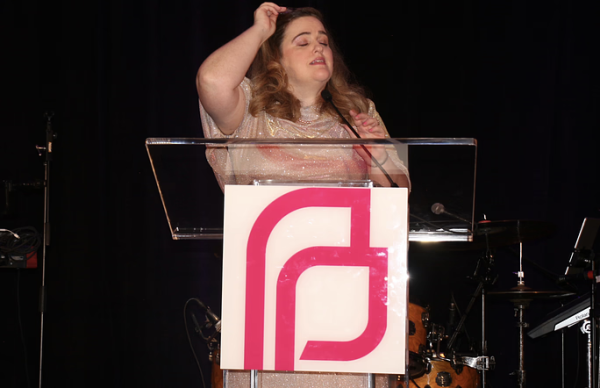
The Impact Gala recognized Maryland State Senator Ariana Kelly for her significant strides in progressing healthcare access. (Alana McCarthy Light)
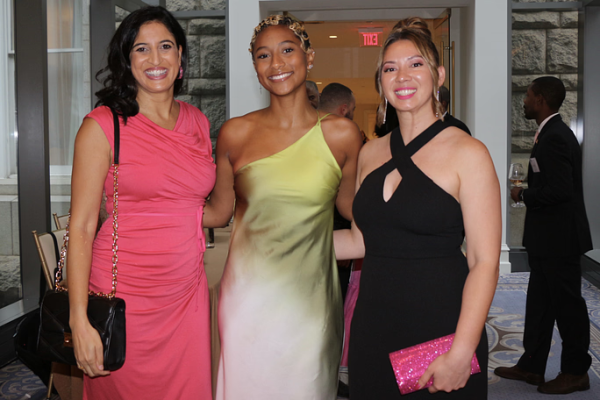
Recently, Planned Parenthood increased their clinical capacity by 45%, as revealed at the event. Impact Gala awardee, Democratic Representative Jamie Raskin of Maryland’s 8th Congressional District, noted that, “we got a lot of work to do in America. Planned Parenthood is there for every person who needs health care.”
The nonprofit aims to fill gaps in resources through providing telehealth and in-person multidisciplinary services, including birth control, education, emergency contraception, gender affirming hormone therapy, medication and procedural abortion, outreach, professional development, sexually transmitted infection (STI) testing and treatment, travel assistance, and victim advocacy.
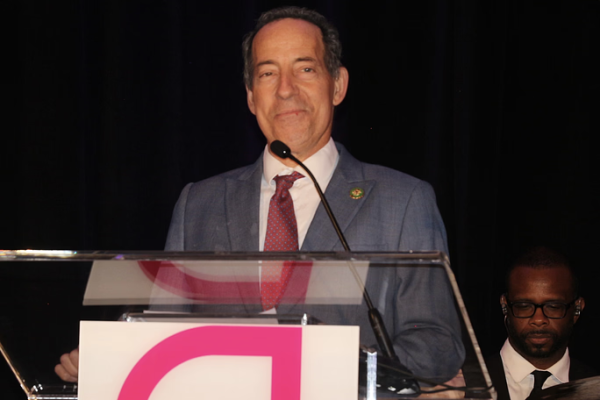
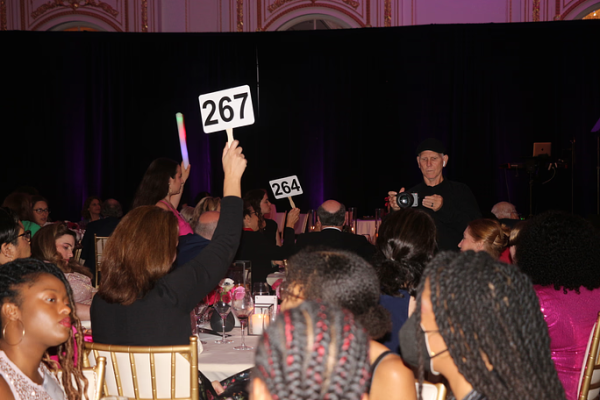
Impact Gala host, the entrepreneur, television producer, and women’s rights activist Tonya Lewis Lee, described the tumultuous state of reproductive health issues. She told the guests, “we’ve seen attacks on gender affirming care – yet another restriction.”
Lewis Lee, a former lawyer based in Washington DC and an alumni of the University of Virginia (UVA), explained that “abortion access fund [aims] to help patients in the states we’ve been working with after you’ve raised $1.6 million for that support. Patients came to Planned Parenthood of Metropolitan Washington DC from hundreds of miles away, and they were able to act with the care that they needed.” Additionally, the fund accommodates lodging and food for out-of-state patients.
According to Tonya Lewis Lee, “we’ve also used this fund just to support low income DC residents who are prevented from using Medicaid health insurance to cover the cost of abortion even though the district is overwhelmingly supportive of abortion access.”
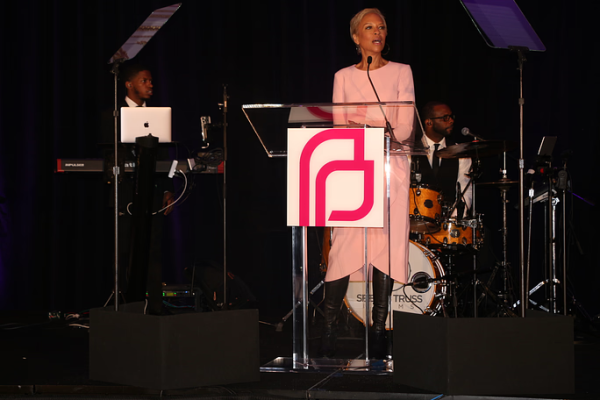
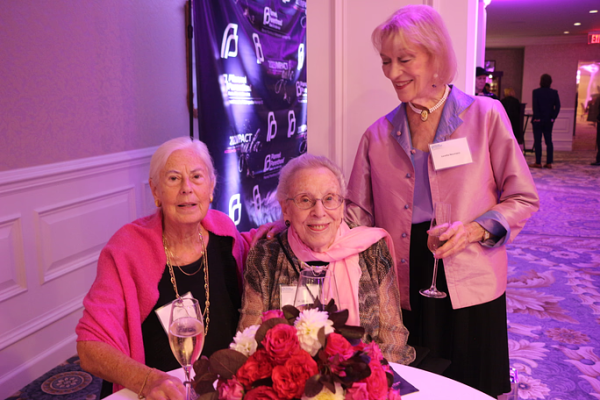
Urgently, the June 2022 Roe v. Wade reversal, also known as the Dobbs Decision, prompted PPMW to connect with those in need of care regardless of state boundaries. An attendee of the event, Carol, commented that the Supreme Court action, “affects every person who has the ability to get pregnant. They are no longer able to make choices about what they do with their bodies…We have lost a major, basic human right. If I were a college student, I would be very reluctant to go to a state that has restricted my right because it’s not safe.”
Michelle, who was another attendee of the event, had her own thoughts on how the Dobbs Decision can affect college students. She explains that it “could derail their lives. A lot of unplanned pregnancies happened in college.”
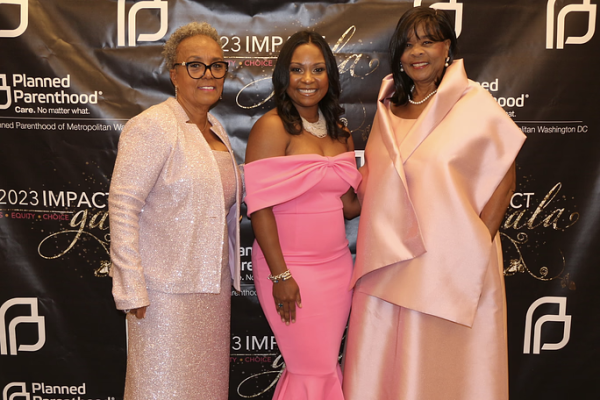
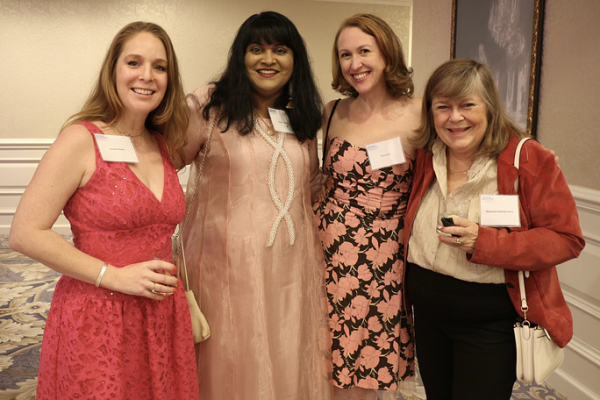
Allies and professionals associated with PPMW provide leadership “in tune to safety needs,” vocalized Dr. Shenoy. Moreover, an anonymous PPMW ally at the gala commented that, “I think that we must support each other and share our stories with one another [because] sometimes we don’t realize that other women have been through the same things we’ve been through. We shouldn’t shame one another [so] just be there, more than show empathy, and believe them.”
Many interviewees expressed colleges lack wellness education, including discussions on consent and pleasure, and, additionally, lack on-campus mental health resources. Therapist and PPMW ally Lauren commented that most campuses restrict students to only 16 counseling sessions and “frequently look to triage and then refer out, and the resources that many colleges give referring out are not good enough” and without acknowledgement of insurance limitations.
Erica, a professor of the psychology of human sexual behavior at a local university, noted that sexual education must include, “female pleasure, how to have a conversation with your partner, and understanding the variety of presentations of being a woman – our gender is so deep. Not just anatomy, not just abstinence.”
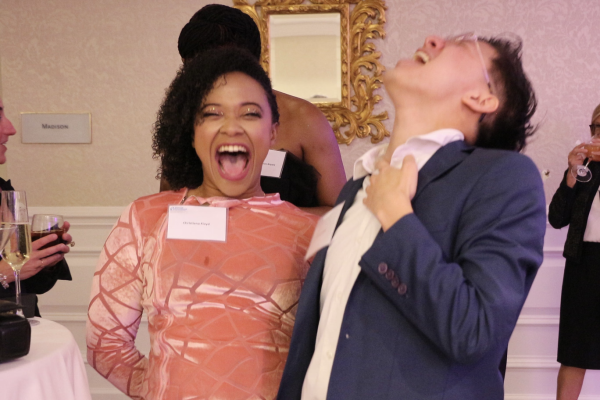
Planned Parenthood has a major impact on the community. Jamie Atilano, a college student and self-described advocate, declared, “I think the biggest thing is to use your voice. It’s all about having the energy. We’re the next generation that doesn’t stand silent when we see things that we know negatively impact other communities.”
Atilano added, “You can do small things individually to show support. Using social media, or donating, or showing up to advocate for these sorts of resources, or showing up to spaces [are] activities calling for action to support reproductive healthcare.”
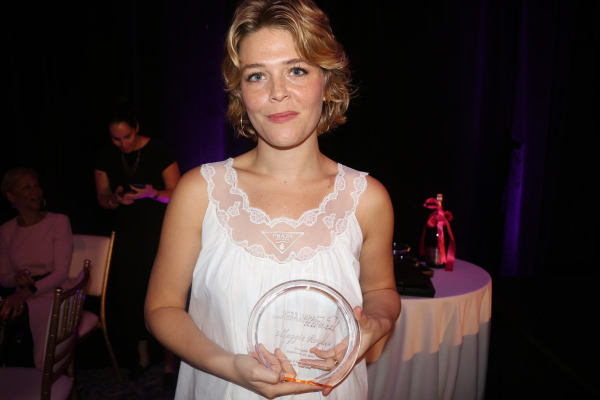
Maryland-born Maggie Rogers, a Grammy-nominated singer-songwriter and PPMW supporter, won the PPMW Disrupter Award for her contributions to Planned Parenthood. Her support includes her Phoebe Bridgers-featured cover of “Iris” by The Goo Goo Dolls fundraising for the nonprofit and inviting Planned Parenthood professionals to “almost every single show” since 2018, according to Rogers.
Rogers delivered her speech just before that night’s performance at the DC venue, Atlantis. The singer-songwriter reflected how, in her advocacy, Rogers gets “unbelievably overwhelmed and terrified, but [she] think[s] about how to bring [her] unique set of skills to everything that’s going on.”
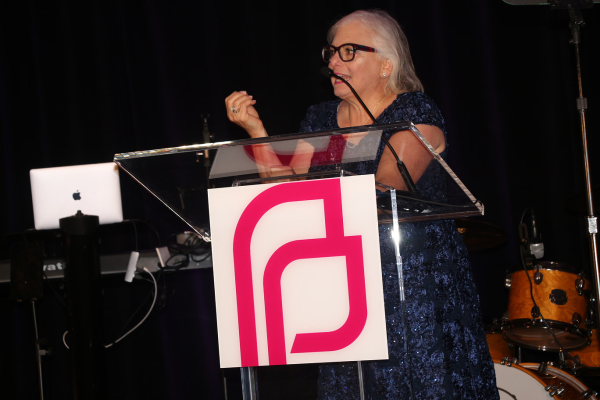
For the Montgomery College community, students can contribute greatly to reproductive healthcare access via allying with PPMW. According to Dr. Shenoy, PPMW “develops leaders.” Supportive activities include being encouraging voting, escorting patients to clinics, interning, participating in professional development opportunities, spreading the word about reproductive health, and volunteering.
In the Phoebe & Maggie cover of “Iris”, PPMW awardee Maggie Rogers, alongside Rogers’ peer, Phoebe Bridgers, sang Goo Goo Dolls lyrics that one can interpret as calling for solidarity and visibility to invite in humanity to the world. The track’s content has a main idea of love and implies connections to equality. As the original songwriter and vocalist, John Rzeznik, implores in the song, “when everything’s made to be broken / I just want you to know who I am.”
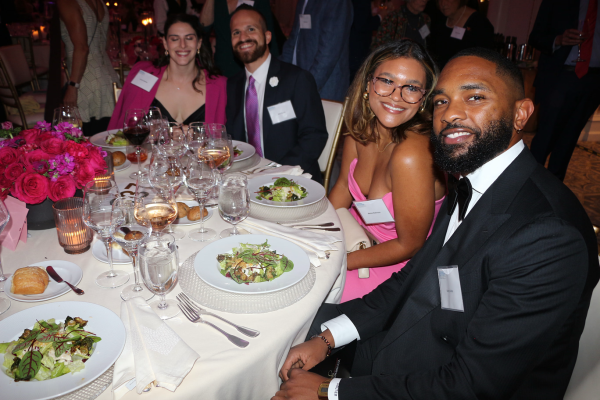
For Planned Parenthood of Metropolitan Washington-affiliated resources, visit: https://www.linktr.ee/ppmwdc
For additional Montgomery College-connected wellness resources, visit: https://www.montgomerycollege.edu/life-at-mc/student-health-and-wellness/index.html
To report sexual misconduct to the college, visit https://www.montgomerycollege.edu/policies-and-procedures/title-ix/index.html


